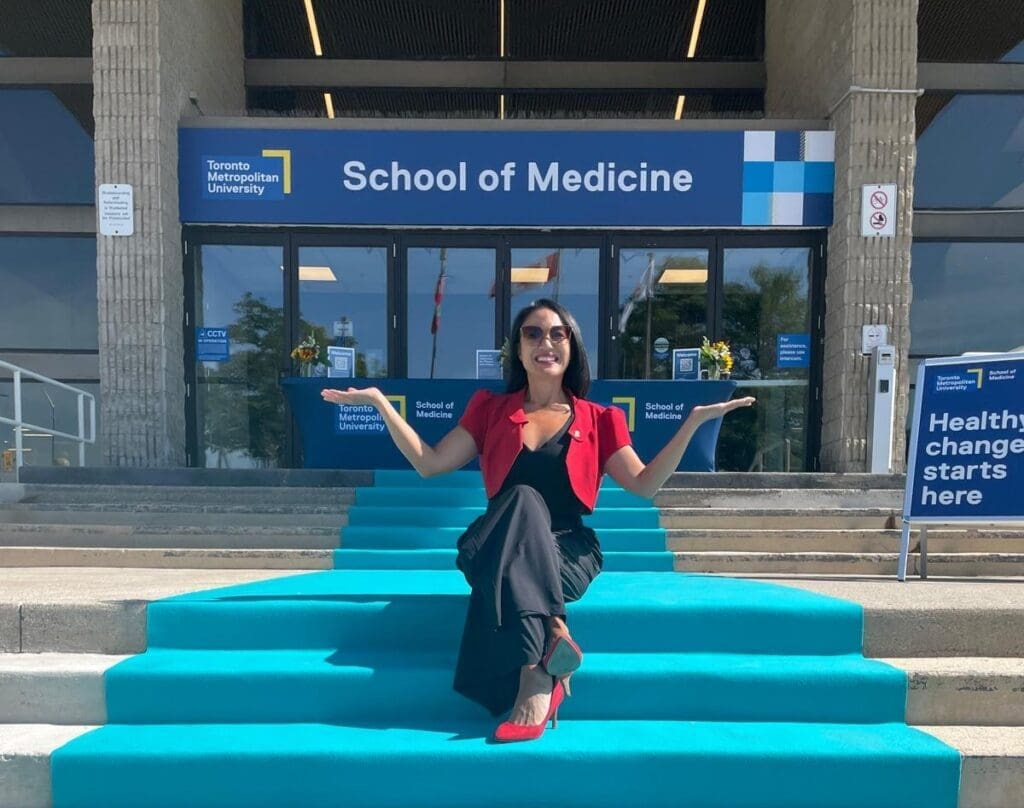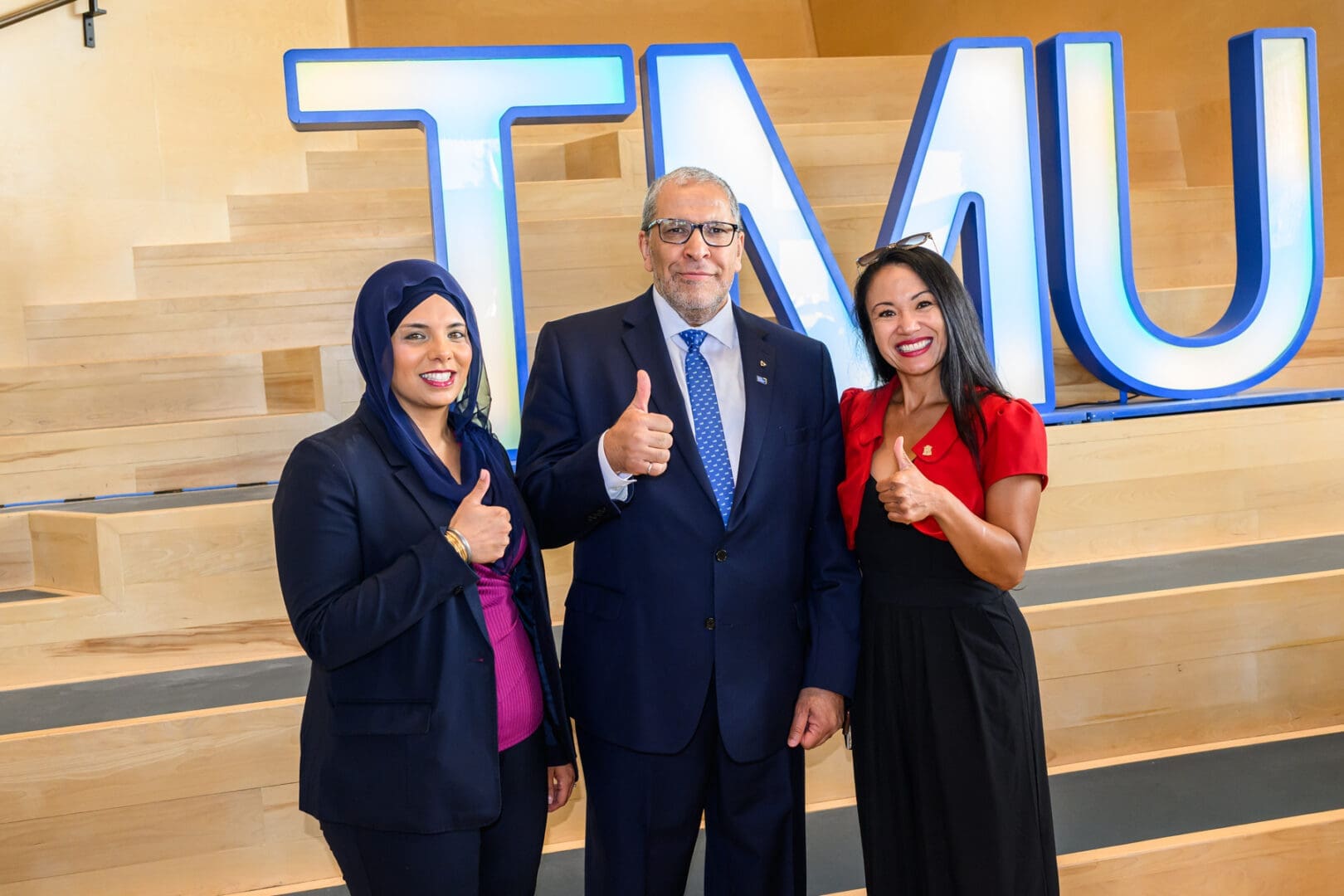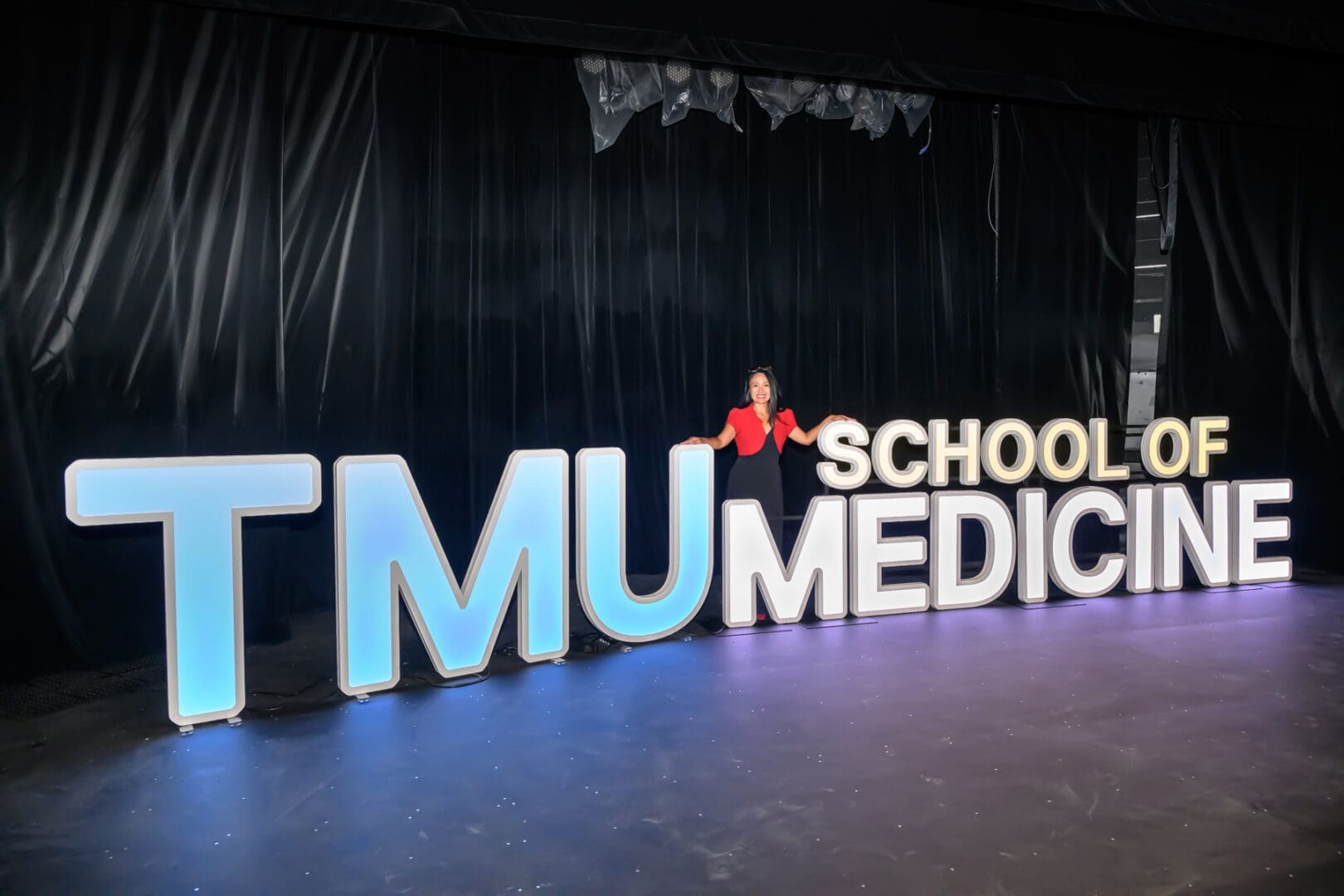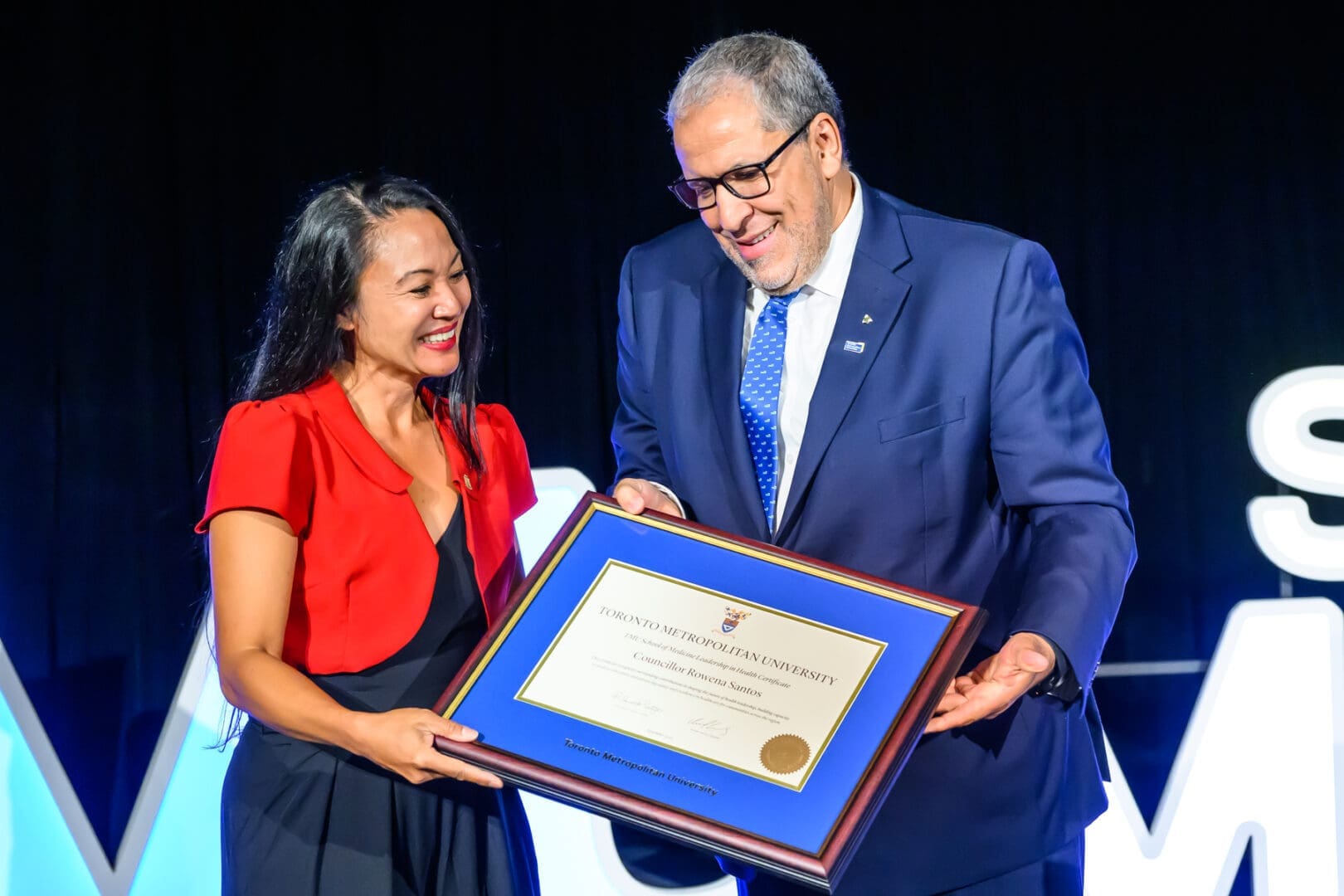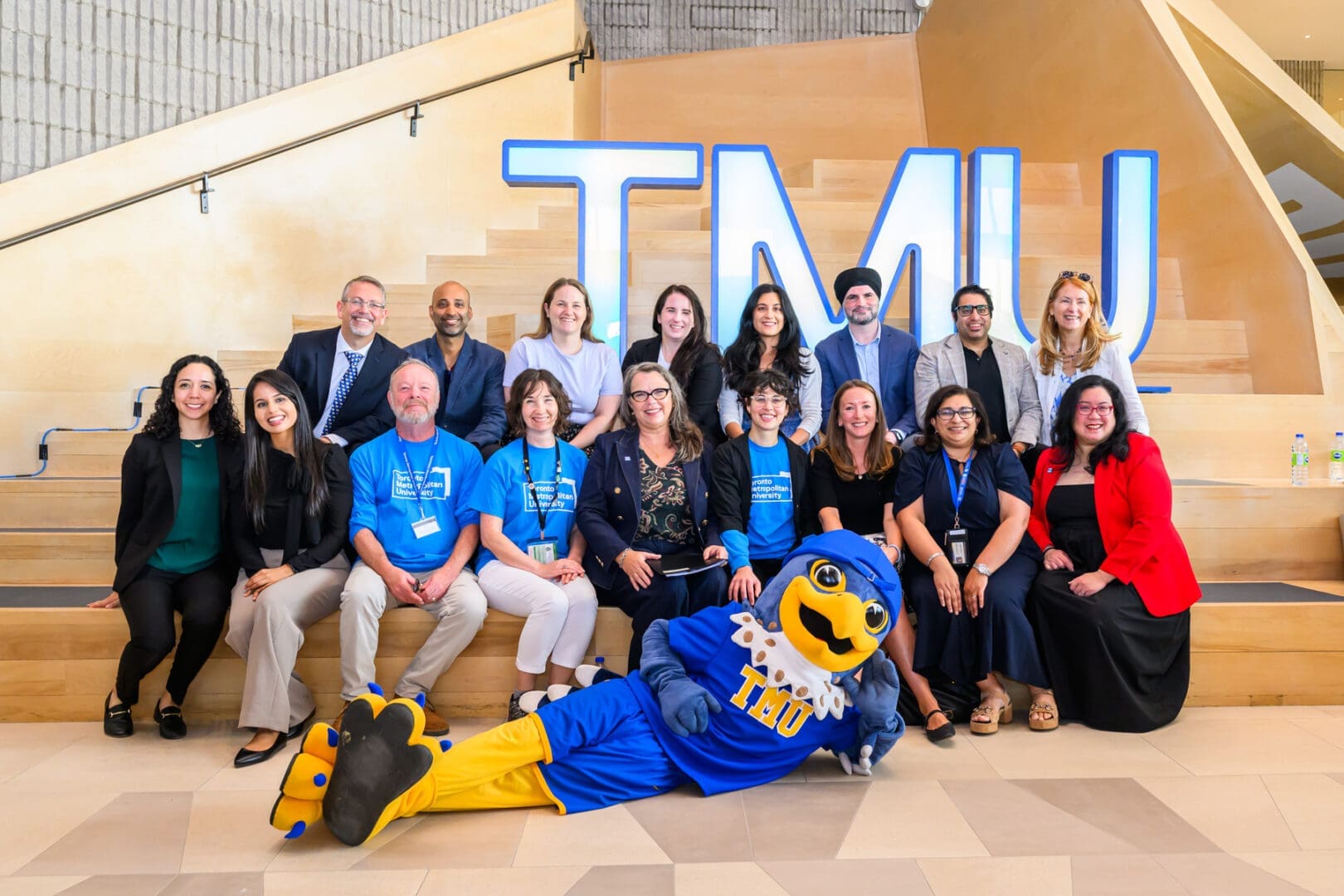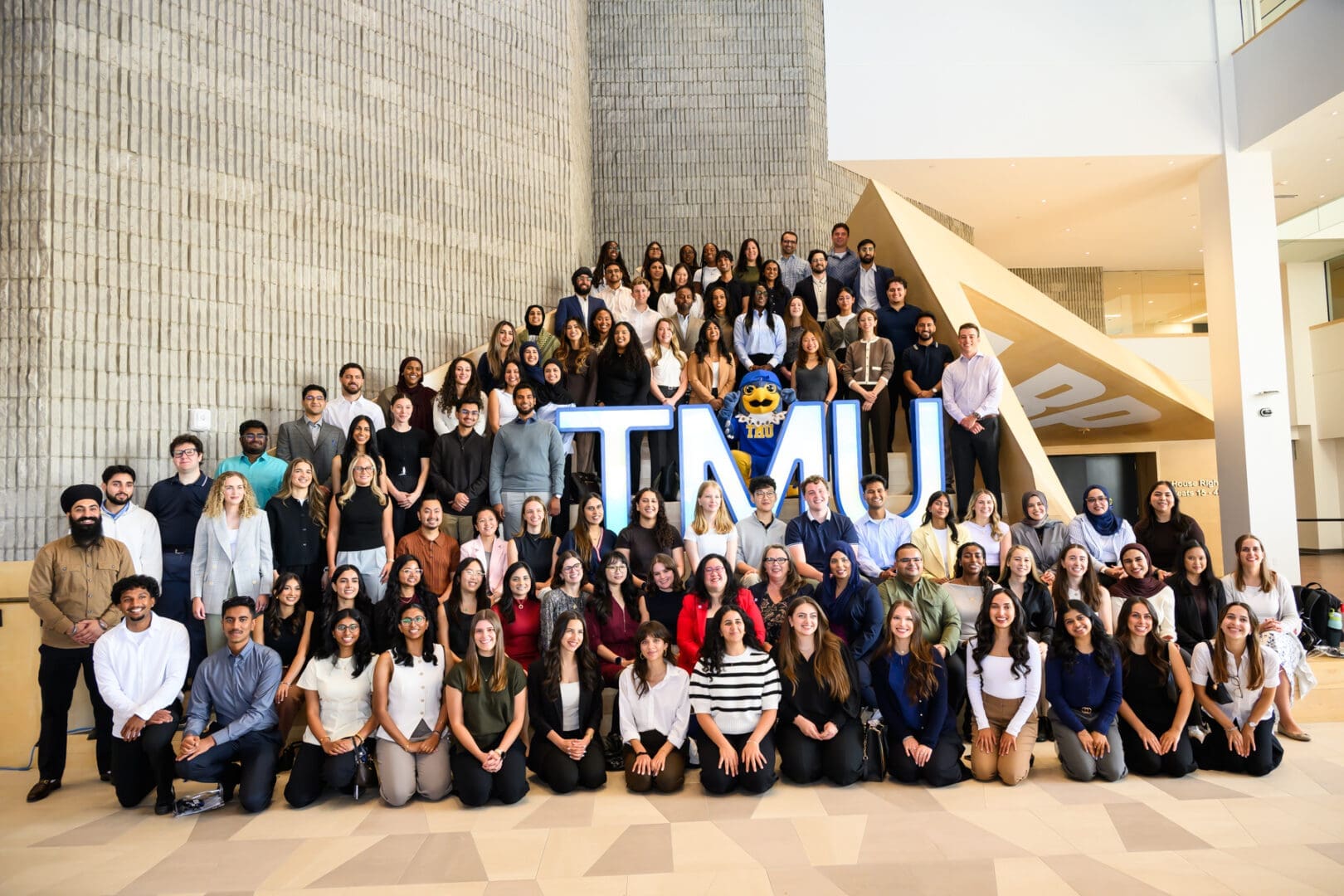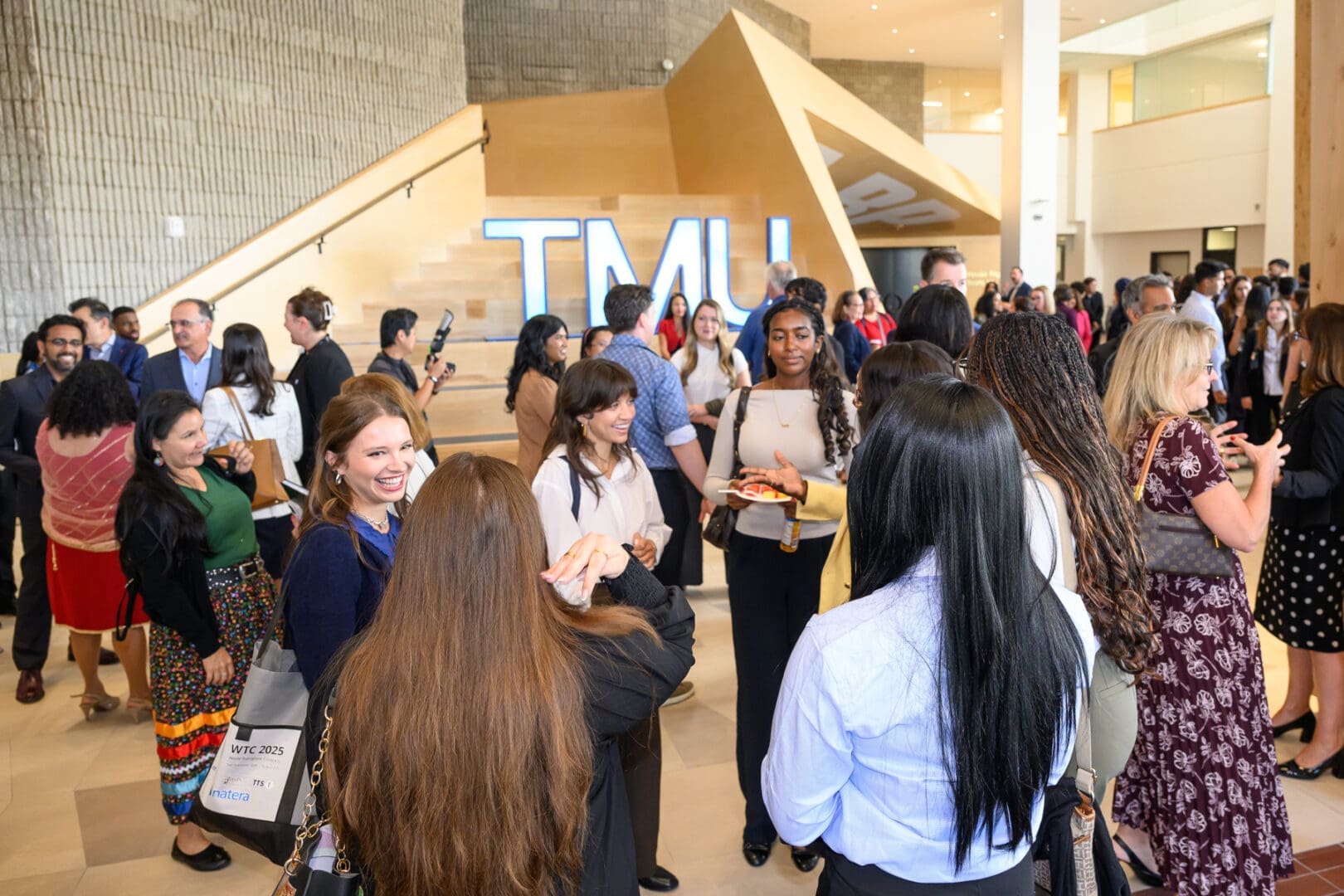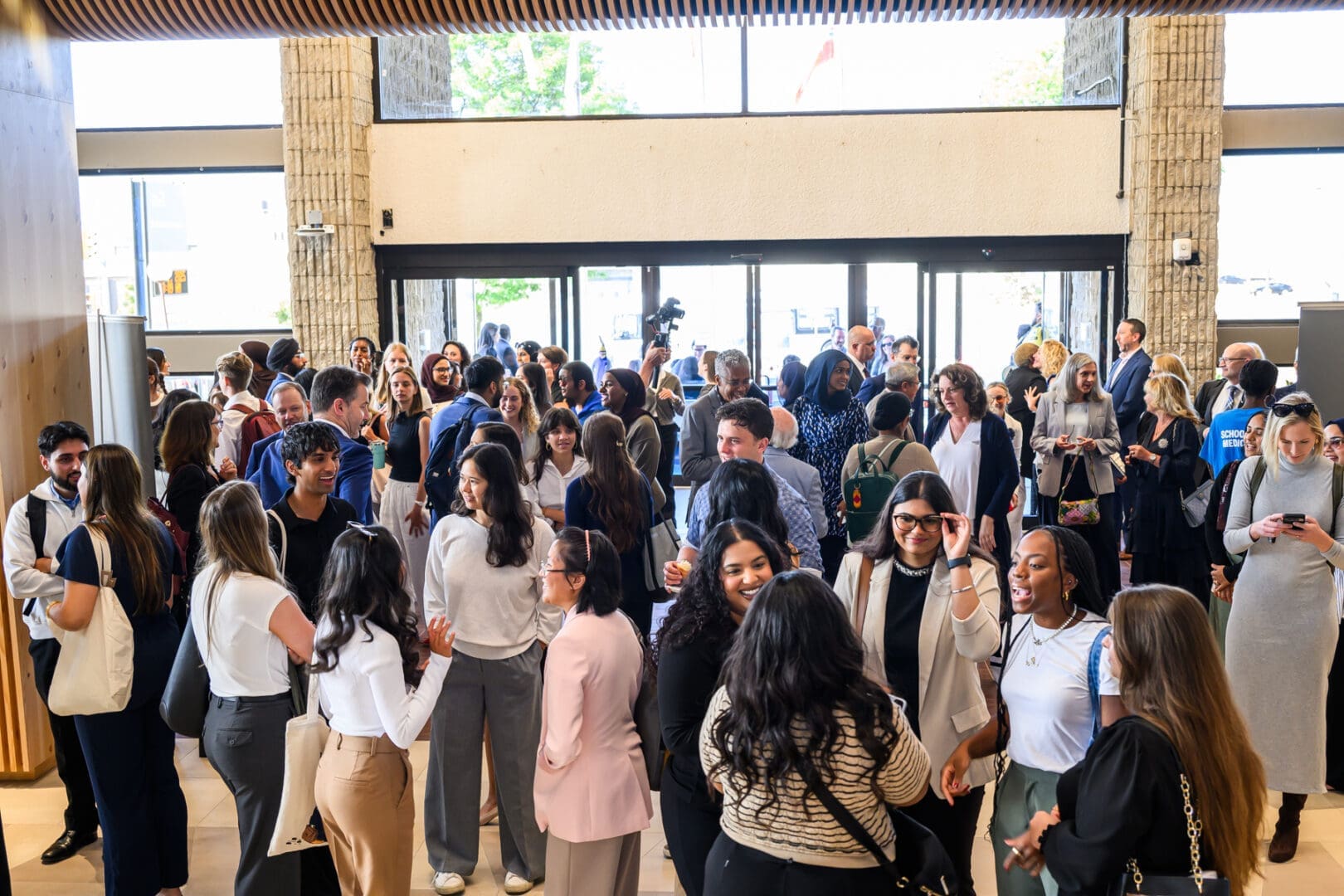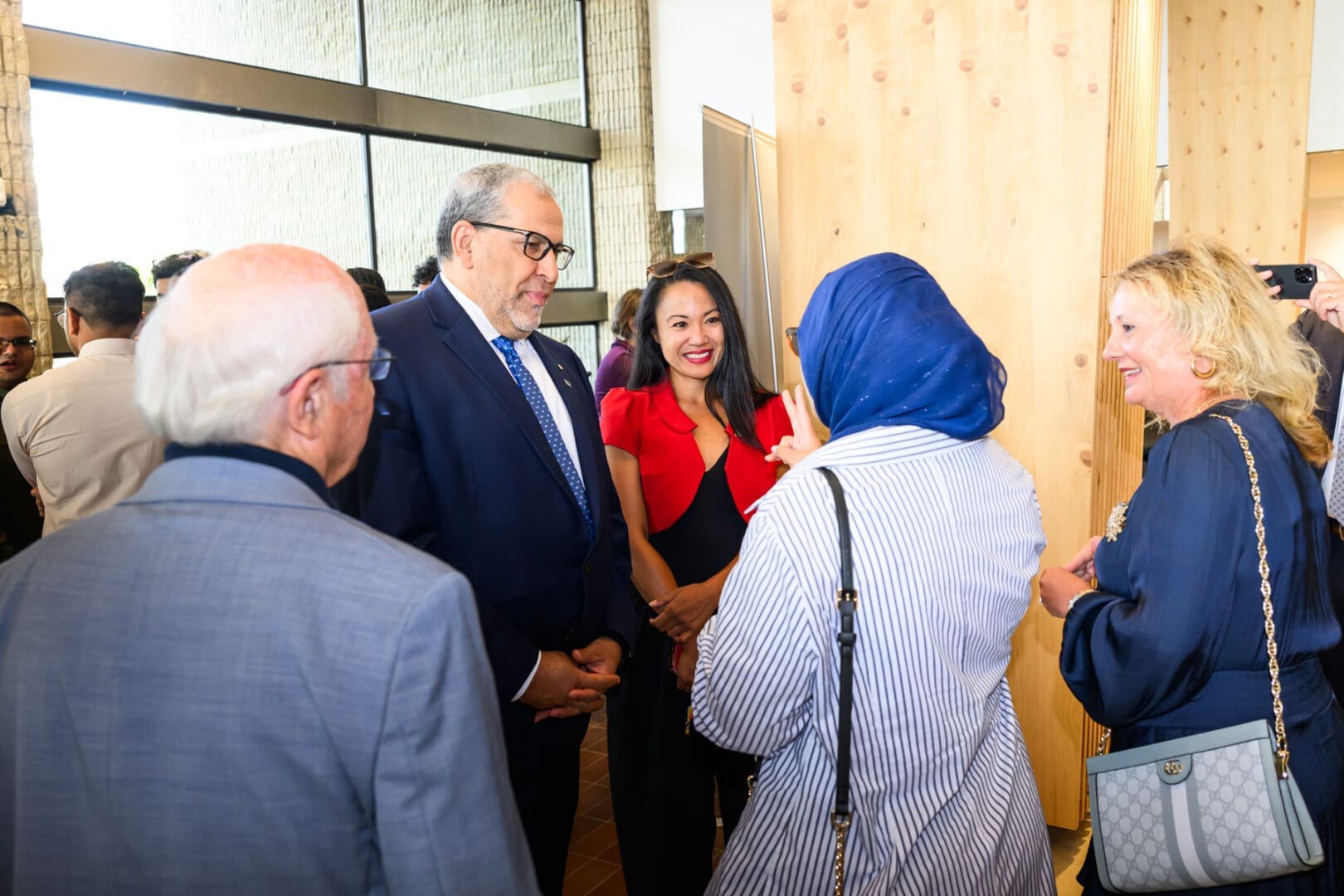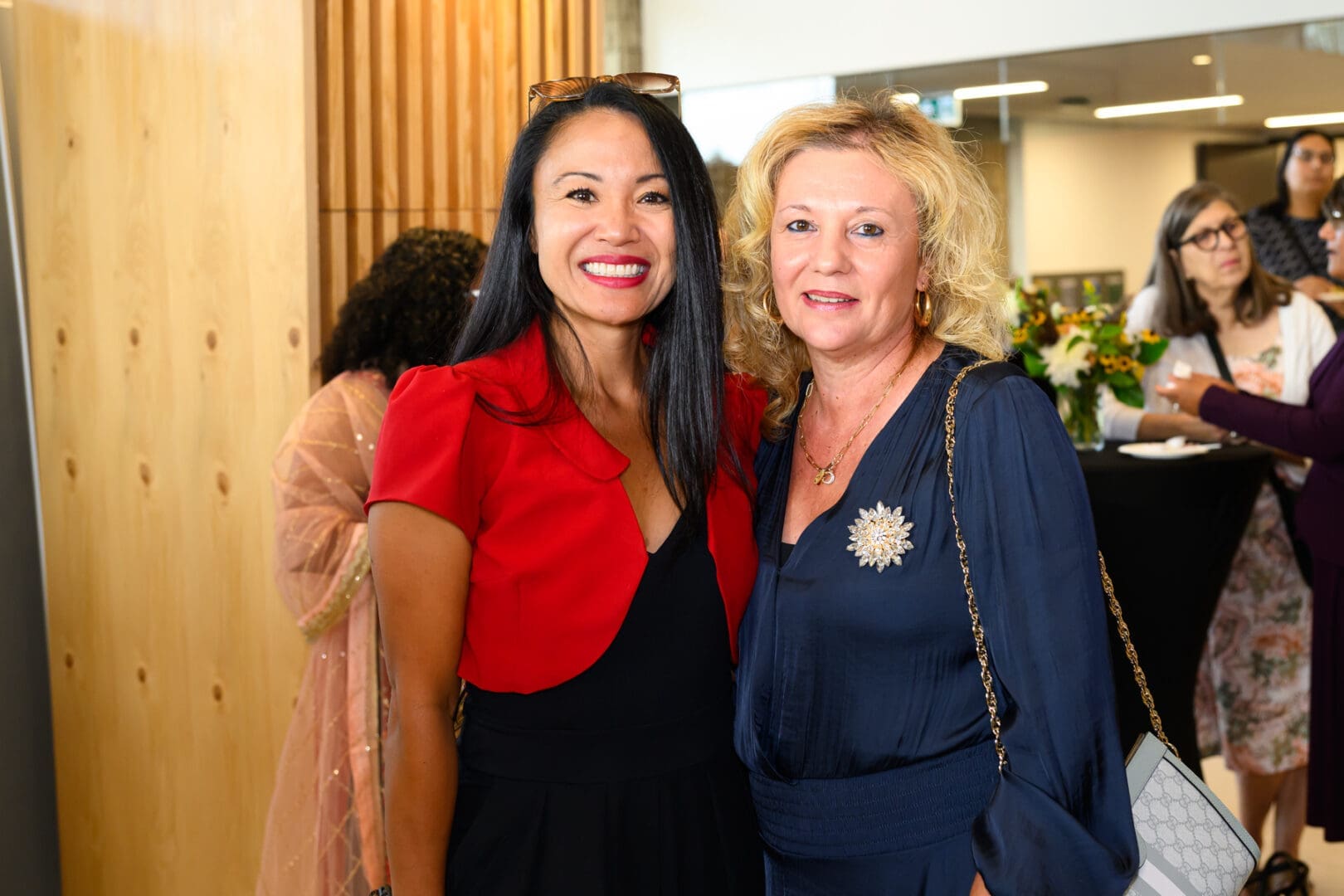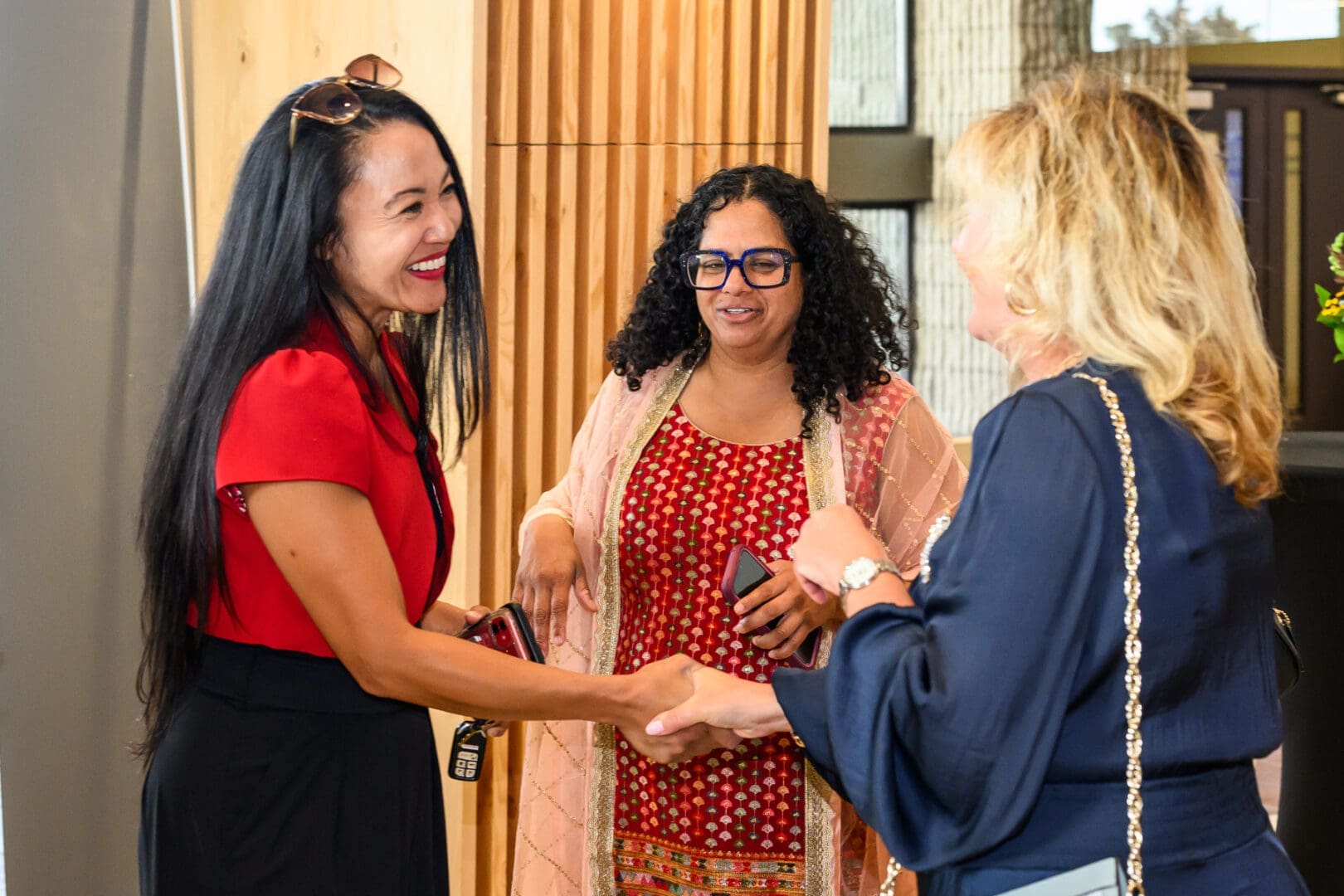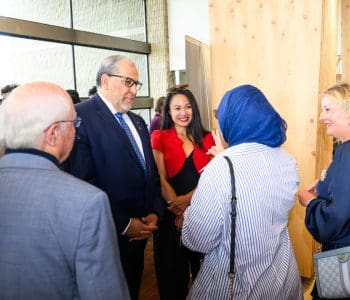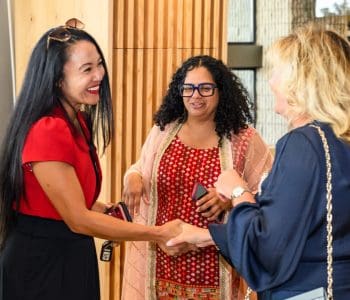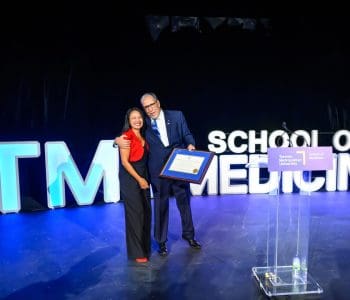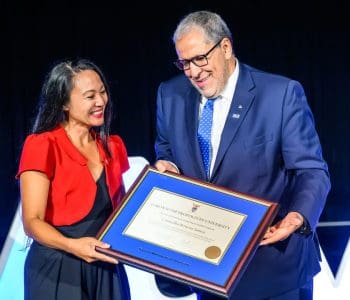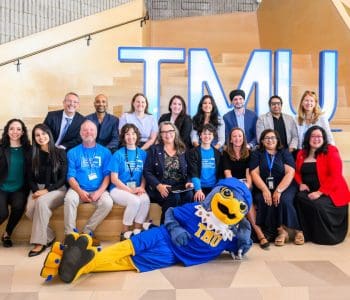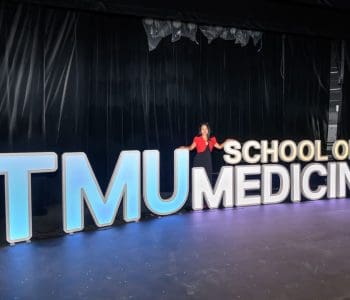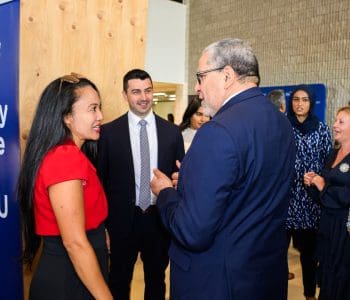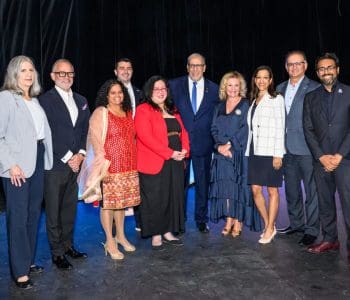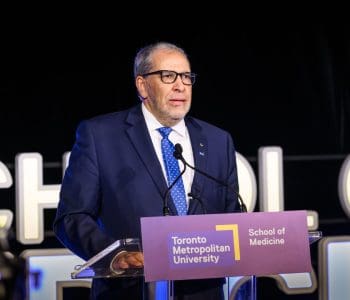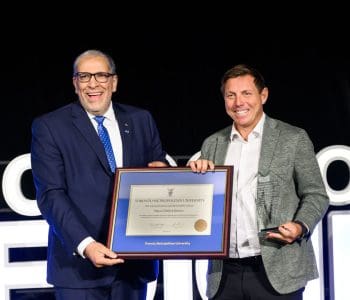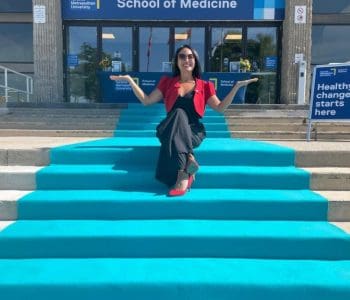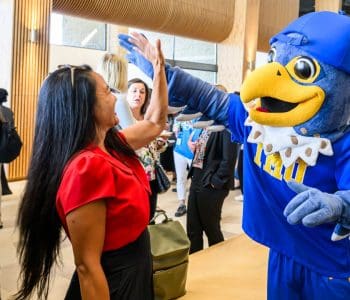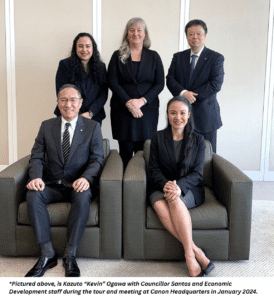Toronto Metropolitan University (TMU) welcomes its first class of students to the new School of Medicine in Brampton, the first new medical school in Ontario in over 30 years, and the first in the Greater Toronto Area in more than a century. From more than 6,000 applicants, only 94 were accepted. Out of those 94, a majority are women. For Brampton, this is truly a historic moment. As an advocate for women, this is a powerful step forward in ensuring that the future of medicine better reflects the diversity and talent of our community.
Back in 2018, before I was even elected, I sat down with the president of what was then Ryerson University to discuss a bold vision for Brampton’s future. While I was advocating for a university, the province responded with something just as powerful and transformative — a medical school. After years of advocacy, navigating a pandemic, and building partnerships, welcoming the first class of TMU’s School of Medicine proves that Brampton can innovate and deliver for its residents.
Since then, I have worked tirelessly to push for expanded post-secondary opportunities and stronger healthcare supports. The arrival of the medical school reflects years of advocacy, collaboration, and determination. While the COVID-19 pandemic brought much of the world to a standstill for over two years, it also underscored how urgently our community needed this kind of investment. Brampton was one of the hardest hit cities in Canada, with hospitals stretched beyond capacity and families struggling to access primary care. The pandemic made it impossible to ignore what we had been saying for years: Brampton could not wait any longer for meaningful investment in healthcare.
The school will give Brampton students an opportunity they’ve never had before — to study medicine close to home and serve their own community as future doctors. For the first time, kids growing up in Brampton can train here, practice here, and help transform healthcare here.
The school’s new facilities will feature classrooms, labs, research space, and an integrated health centre that will serve 1,700 new patients with primary care. Families will benefit immediately while students gain hands-on training.
The medical school is not happening in isolation. It is part of a bigger vision for Brampton as a centre for health and life sciences. As Vice-Chair of Economic Development and a member of the MedTech Task Force, I have worked alongside industry, academia, and government partners to strengthen our city’s health innovation sector. Brampton is already home to more than 2,300 companies employing over 13,000 people in life sciences, with employment growing by 6% each year.
We have advanced plans for wet labs to support research and startups, partnered with MedTech Canada to attract international attention to Brampton, and next year we will welcome the Life Sciences Ontario Regional Tour to showcase Sheridan College, TMU’s School of Medicine, and William Osler Health. These initiatives put Brampton on the map as both a hub for healthcare delivery and a centre for innovation.
From my first conversations in 2018 to navigating the challenges of the pandemic, this milestone has been years in the making. It is the result of believing in Brampton’s potential and refusing to accept being left behind.
As we welcome the first class of 94 medical students, I am filled with pride and hope for the future. This achievement proves that Brampton can lead and deliver transformative change. While today marks a historic milestone, it is only the beginning. Together with TMU, the MedTech Task Force, and our provincial partners, Brampton is positioning itself as a catalyst for healthcare innovation in Ontario and beyond.
We did it, and the best is yet to come.


